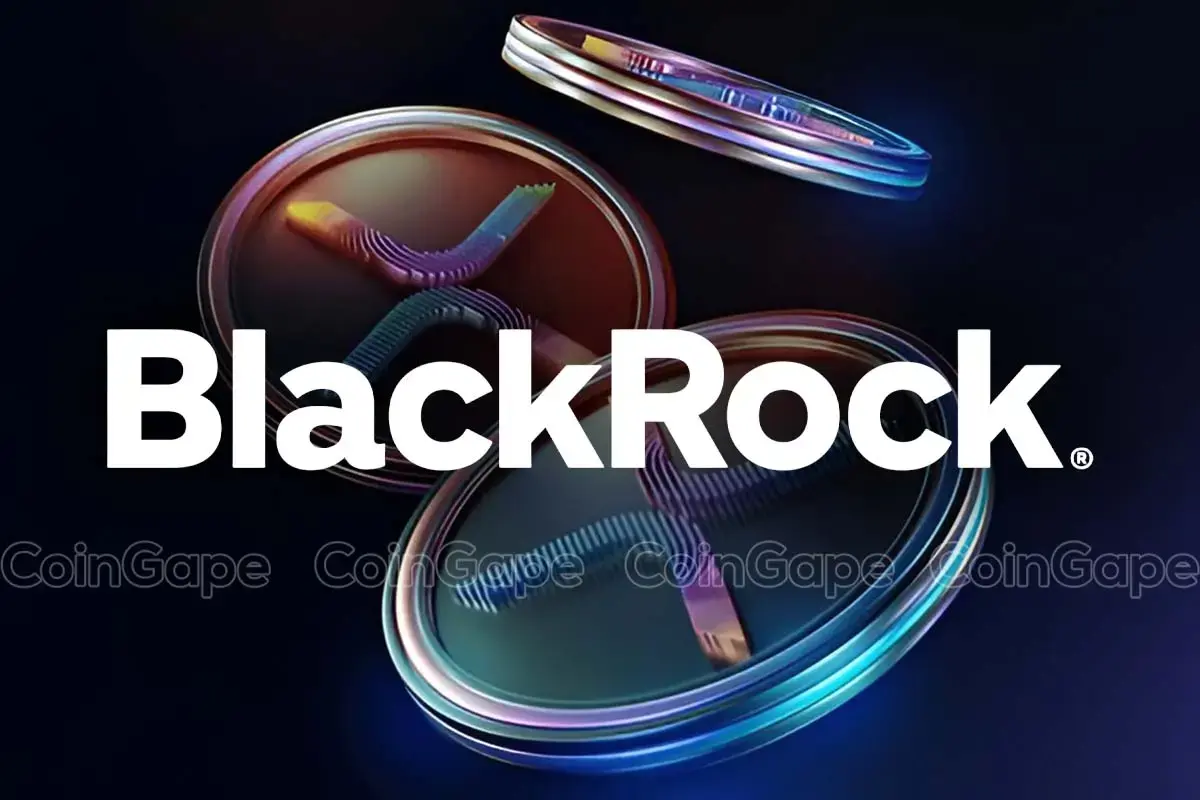XRP ETF: A New Lease of Life for Ripple Amidst SEC Settlement
As the dust settles on the Securities and Exchange Commission (SEC) vs Ripple lawsuit, the blockchain firm finds itself navigating a new chapter. With Ripple agreeing to pay a hefty $50 million penalty and acknowledging that it had sold XRP as unregistered securities, the future of XRP and its related products is once again a topic of great interest.
CEO’s Optimistic View on XRP ETF
In a recent interview with Bloomberg, Ripple CEO Brad Garlinghouse shared his thoughts on the importance of an XRP-backed exchange-traded fund (ETF). He stopped just short of accepting that such a product was imminent, but his enthusiasm was palpable:
“There’s a lot of interest in having an XRP ETF. I think it’s important for the ecosystem, and I think it’s important for Ripple. I think it’s important for the token holders and the investors. But it’s not something that Ripple is sponsoring or filing for.”
What Does an XRP ETF Mean for Me?
For individual investors, an XRP ETF could mean easier access to the cryptocurrency markets. ETFs are popular investment vehicles due to their transparency, liquidity, and cost-effectiveness. By providing a regulated, exchange-traded product that tracks the price of XRP, institutional and retail investors alike could potentially gain exposure to the cryptocurrency without having to deal with the complexities of buying and storing XRP directly.
- Greater liquidity: ETFs can be bought and sold like stocks, making it easier for investors to enter and exit positions.
- Lower costs: ETFs typically have lower management fees compared to actively managed funds.
- Transparency: ETFs provide daily pricing transparency, making it easier for investors to understand the value of their investment.
What Does an XRP ETF Mean for the World?
If an XRP ETF is approved, it could signal a major milestone for the cryptocurrency industry as a whole. The approval of a regulated, exchange-traded product backed by a cryptocurrency would represent a significant step forward in the mainstream adoption of digital assets. Furthermore, an XRP ETF could:
- Boost market liquidity: An XRP ETF would provide an additional avenue for investors to buy and sell XRP, potentially increasing market liquidity.
- Attract institutional investors: Regulated investment vehicles like ETFs are often preferred by institutional investors, who may be more hesitant to invest in unregulated cryptocurrencies.
- Increase regulatory clarity: The approval of an XRP ETF could provide further clarity on the regulatory status of cryptocurrencies, potentially paving the way for more regulated investment products.
Conclusion
As the SEC vs Ripple lawsuit comes to a close, the future of XRP and related products is once again a topic of great interest. With CEO Brad Garlinghouse expressing his optimism regarding an XRP ETF, the potential benefits for both individual investors and the broader cryptocurrency industry are significant. Greater liquidity, lower costs, and increased regulatory clarity are just a few of the potential advantages that an XRP ETF could bring. Only time will tell if and when such a product will be approved, but the signs are certainly promising for the future of Ripple and the cryptocurrency market as a whole.
Stay tuned for more updates on this developing story.





